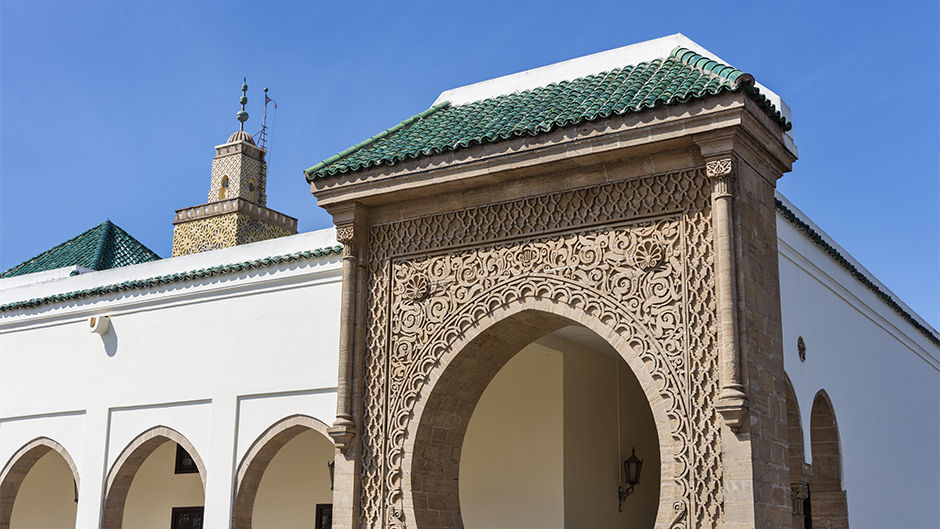What is going to change?
New thresholds
Apart from the 40 per cent market share threshold, which is maintained, two turnover thresholds are introduced by the new regulations:
- 1st threshold: where the parties achieve a combined global turnover of more than 750 million dirhams;
- 2nd threshold: where at least two of the parties achieve an individual turnover of more than 250 million dirhams in Morocco.
These turnover thresholds and the market share threshold are alternative. Therefore, only one of these thresholds must be met for the transaction to be subject to notification.
However, in accordance with article 1 of law n°104-12, the transaction must also be capable of having an effect on the market in Morocco. It is therefore arguable that transactions where parties have no presence or turnover in Morocco would not be subject to notification, even if they achieve the global threshold of 750 million dirhams.
On the other hand, the following should be subject to notification:
- transactions which meet the 2nd (local) turnover threshold, regardless of the turnover achieved by the parties on a global level;
- transactions which meet the 1st (global) threshold while not meeting the 2nd (local) threshold, but where at least one of the parties is established in, or achieves turnover in Morocco.
Definition of the concept of concentration
Henceforth based on the definition adopted in many jurisdictions, the concept of concentration will cover mergers, acquisitions of control (sole or joint) and creation of “full function” joint ventures (i.e. those which perform on a lasting basis all the functions of an autonomous economic entity).
At this stage no guidelines have yet been published, but this will doubtless be among the first tasks of the Competition Council, whose current members have already expressed their desire to bring Moroccan competition law in line with international standards.
Procedure
Once nominated, the Competition Council will be competent to receive notifications and to give rulings on transactions according to the timetable set out by law n°104-12, with the exception of transactions involving businesses active in the telecommunications sector, which fall within the jurisdiction of the ANRT (l'Agence Nationale de Réglementation des Télécommunications) in accordance with decree n°2-16-347 of 31 May 2016. Moreover, in the case of transactions involving financial institutions (or equivalent accredited bodies), the Competition Council must refer to the Bank Al-Maghrib for its prior opinion before making any decision, in accordance with law n°113-12.
However, the head of government’s office will retain a “right of evocation”, permitting them to take jurisdiction over transactions on the grounds of public interest (other than the preservation of competition), notably industrial development, the international competitiveness of the businesses in question or the creation or maintenance of employment. Although little utilised in certain countries (for example France, where it has never been applied), this power should not be overlooked in the Moroccan regime, particularly in the case of sensitive transactions.
The notification files must follow the form set out by decree n°2-14-652 of 1st December 2014, which is significantly more demanding than that required by the previous decree n°2-00-854.
The new regime does not contemplate a pre-notification procedure. However, it is to be hoped that the Competition Council will accept informal contact before notification, as the head of government’s office does from time to time.
What to do during the transitional period?
While waiting for the new regime to be fully implemented by the Competition Council, businesses which are party to a merger seem to have no choice but to notify their transactions to the head of government’s office under the authority of the previous law n°06-99.
There is good reason for reaching this conclusion: the head of government’s office does not have jurisdiction to receive notifications under the new regulations, but, given that it has not been nominated, the Competition Council cannot in practice investigate notification files on the basis of the new laws, leaving it with no choice but to remit to the head of government’s office those files which are submitted to it.
This uncertain situation equally raises questions about the assessment of notification thresholds as well as the notification procedure:
- Regarding the notification thresholds:
By virtue of the previous law n°06-99, only those transactions concerning businesses which together attain a market share of 40 per cent in Morocco are subject to notification. The assessment of the 40 per cent threshold remains a source of difficulty inasmuch as the head of government’s office considers that it can be met even if only one of the parties is active in Morocco, regardless of whether it is the target or the acquirer. This interpretation is questionable as it is difficult to see what would be the impact of such a transaction on the Moroccan market. In this case, though not possible to dispense completely with notification, the parties can in practice limit it to a succinct and simplified filing, which the head of government’s office will endeavour to deal with rapidly.
But what of the turnover thresholds contemplated by law n°104-12 during the transitional period? A number of businesses have already decided to notify their transactions on this basis as a precaution. These notifications have generally ended with a letter from the head of government’s office concluding that the transaction was not subject to notification due to not fulfilling the criteria fixed by law n°06-99, notably the 40 per cent market share threshold. Nevertheless, this prudent approach has the merit of providing legal certainty to the parties, which is of not insignificant value.
- Regarding the notification procedure:
In practice the notification files remain entrusted to the head of government’s office in the forms contemplated by law n°06-99 until the Competition Council is finally appointed.
An important question remains: what would happen if a transaction raised competition concerns? According to law n°06-99, the head of government’s office should refer to the Competition Council for its prior opinion, which is not possible in the absence of that body. Such a scenario does not seem to have yet arisen. This situation may encourage businesses to take advantage of the transitional period to notify sensitive transactions. However, it should not be forgotten that the head of government’s office has the power to prohibit a transaction, even if this power has never been used.
In the event that the Competition Council is nominated while a transaction is under investigation by the head of government’s office under the previous law, nothing is contemplated by the legislation. However, taking into account the pragmatic approach shown by the authorities, it is likely that the transaction would be assessed until its completion according to the conditions set out by law n°06-99.






